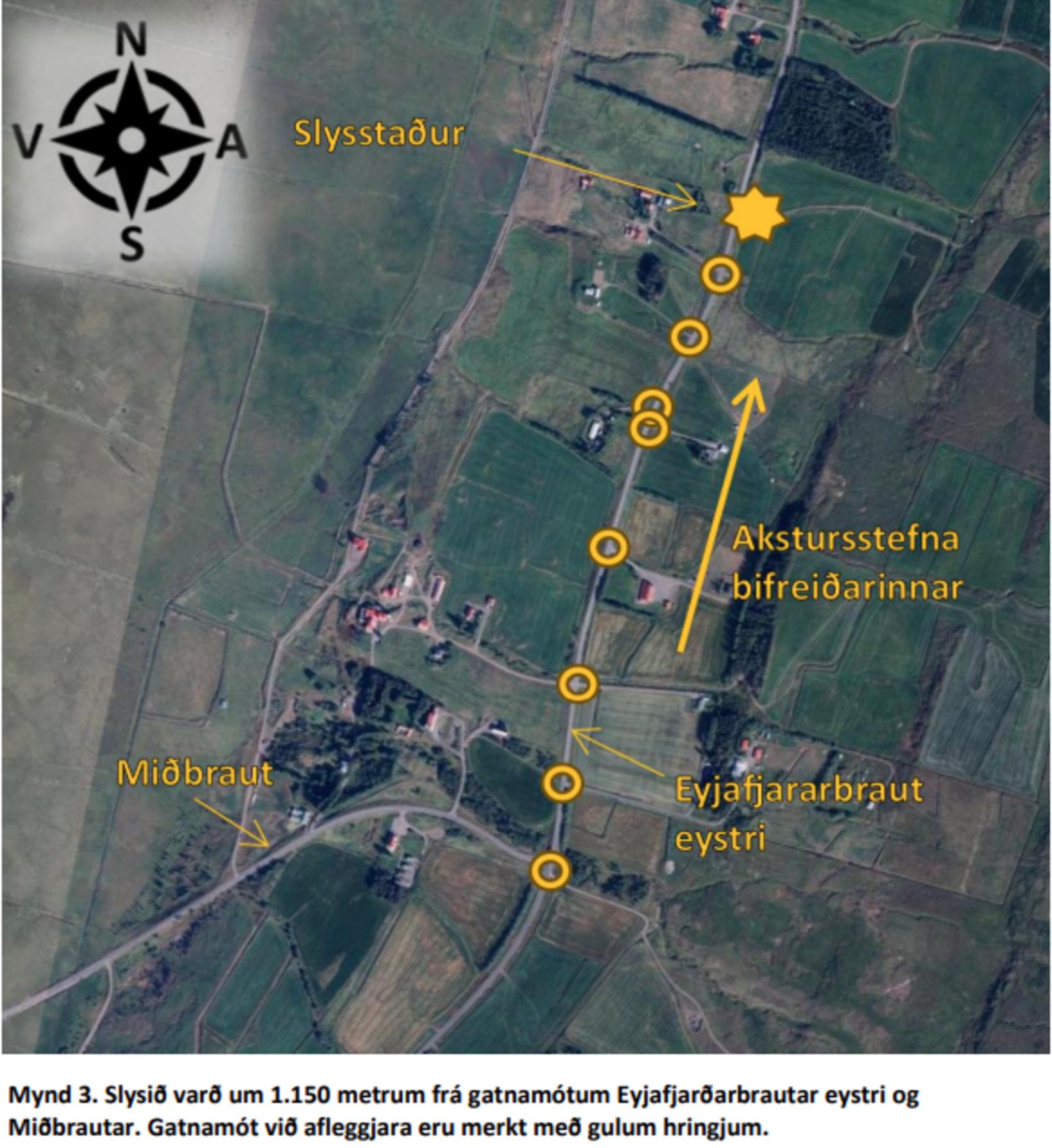Russians talked about their attitude to marriage and family

As many as 34% of Russians who are now in a romantic relationship do not plan to move on to the next stage and marry. And 89% of those who are married or in unregistered relationships do not intend to have children in the next year. These are the results of a survey of the sociological group Russian Field. Experts note that not only economic factors and a sense of instability, but also the gradual evolution of the institution of marriage influence this behavior of citizens.
The sociological group of the Russian Field interviewed more than 1.6 thousand Russians about their attitude to the issue of marriage and family planning. Among respondents, 52% are married, 15% are in unregistered relationships, and 33% are alone. Moreover, men and people aged 30 to 59 years are more often married. Young people under 30 are more often in unregistered relationships. And among women and elderly people there are more than those who are not in marriage or in relations. Of those who are in a relationship, 22% plan a wedding in the coming year. However, 37% do not plan to marry in the near future, and 34% do not want to marry at all. At the same time, women who are in relationships more often than men say that they do not plan to marry.
Among respondents in marriage or relationships, 58% raise children. Of these, 23% are brought up by one child, 23% – two children, 12% – three or more. Mostly more than residents of small cities and respondents with income from 40 thousand rubles. to the family.
89% of Russians who are married or relations do not plan to have children in the coming year. Another 10% are planning the birth of a child, and 1% are prepared for adoption. Plans to start a child are more often found in people under 44 years old, with higher education and family income above 80 thousand rubles. per month.
Candidate of psychological sciences, Doctor of Philosophy Igor Nesov notes that the desire to marry and have children is directly related to economic, psychological and value factors. “Today, at least two of the three factors are working against improving the demographic position of Russia,” he argues. “From the point of view of the economy, a high level of inflation and increasing prices for goods remain a serious problem and an obstacle to the desire to start a family and children. And political events, sanctions against Russia and general instability do not add confidence in the future. ” The result is a situation where the value of the family remains an important for Russians, but the economic factor and a sense of instability block it, says Mr. Nesov.
The clinical psychologist of the company « Doctor Near » Olesya Tolstukhina indicates that the attitude to marriage over the past several decades has changed. Even 20-30 years ago, marriage was the only possible option for a serious relationship between a man and a woman. But since the two thousandths, basic social principles began to change: now both a man and a woman can live with a partner without registering a marriage, and society will not condemn them, the psychologist explains. Moreover, women strive, unlike their grandmothers and mothers, « live for themselves. » And from men it is no longer required to meet the social order « House, wood, child. » “Since there are no more significant benefits from marriage, every adult asks the question:“ Why do I need this, how will it improve life and what will it give or take away? ” And the choice is not in favor of marriage, but more and more often in favor of work, ”says Mrs. Tolstukhina. As an example of the influence of social circumstances on public foundations, it gives the actual inaccessibility of the mortgage recently: “Why play a wedding, if you still can’t move to live separately from parents? Young people are very pragmatic approaching the issue of their life and looking for ways to easier. This is the trend of the new rules of social life. ” However, the psychologist emphasizes that there will always be a part of people, « for whom to live together is precisely easier than alone, despite the shortcomings of marriage. »







